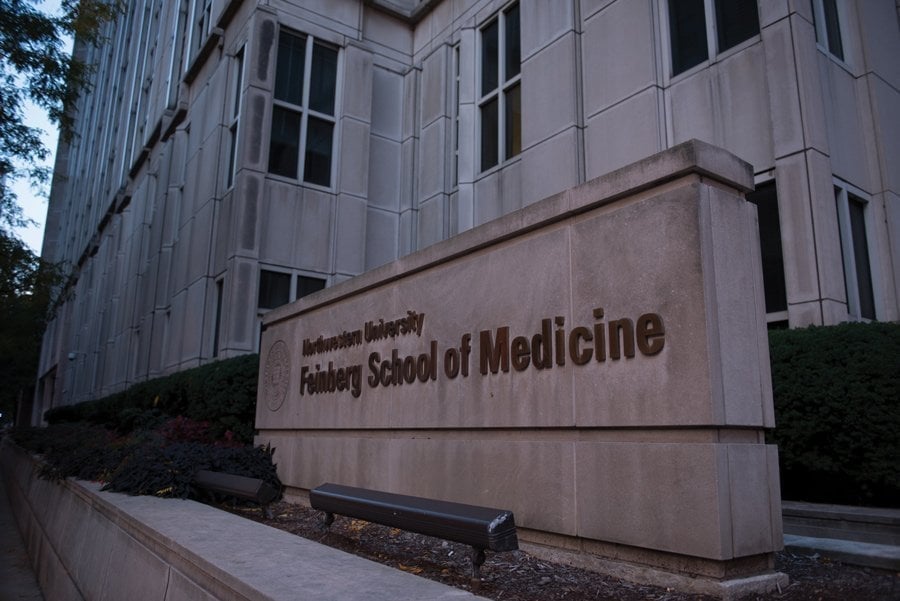Feinberg Prof. Madison Shea Smith discussed her research in LGBTQ+ health at a Thursday speaker event titled “Relationship Science as a Vehicle for Sexual and Gender Minority Health.” The event was held at the Institute for Sexual and Gender Minority Health and Wellbeing.
To Smith, relationship science is “the scientific study of interpersonal relationships,” but she said the field isn’t limited to the study of romantic relationships. Her research aims to demonstrate that relationships are central to health and health disparity.
“The bottom line that I’m trying to get across is that relationships matter,” she said. “I would argue that they matter more than we often credit for, and I would argue that they matter uniquely for sexual and gender minorities.”
Smith said few things are more consequential for personal health than someone’s functional relationships, and relational safety and stability are evolutionary means similar to food, water and shelter.
ISGMH Associate Director and Feinberg Prof. Jagadīśa-devaśrī Dācus opened the event by speaking on the institute’s aims and missions.
“(The ISGMH) is the first university-wide institute in the country focusing specifically on research to improve the health and wellbeing of sexual communities and the largest in the world researching LGBTQ+ health,” he said.
Event moderator and Feinberg Prof. Michael Newcomb highlighted two of Smith’s projects in his introduction.
Newcomb first addressed Smith’s work on all2GETHER, which he described as an “innovative HIV prevention and relationship education program.” Newcomb also spoke about Smith’s work on RADAR, a longitudinal cohort study focused on sexual and gender minorities assigned male at birth.
Smith reviewed several facets of her research, which included investigations into the effects of substance abuse, violence and binegativity on different relationships.
She said she drew on her identities — from being a spouse to being in the bi+ community — as part of her research.
“As I talk through a little bit of my work today, I think it’s very important to be real about who I am, and what I bring to this table,” she said. “Because it doesn’t just inform what I do, it defines what I do.”
Closing her presentation, Smith answered an audience question about context in drawing research conclusions.
She said these conclusions depend on specific constructs and models that a researcher is looking at — and can vary from relationship to relationship.
Thursday’s event is part of the Institute’s “Current Issues in LGBTQ Health” lecture series, which aims to highlight new research in sexual and gender minority health.
Its next event will be in April, where ISGMH faculty member and Feinberg Prof. Cindy Veldhuis will speak on findings about stressors experienced by LGBTQ researchers conducting research about sexual and gender minorities.
Email: beavillaflor@u.northwestern.edu
Related Stories:
— Northwestern launches first university-wide LGBT research institute in the nation







